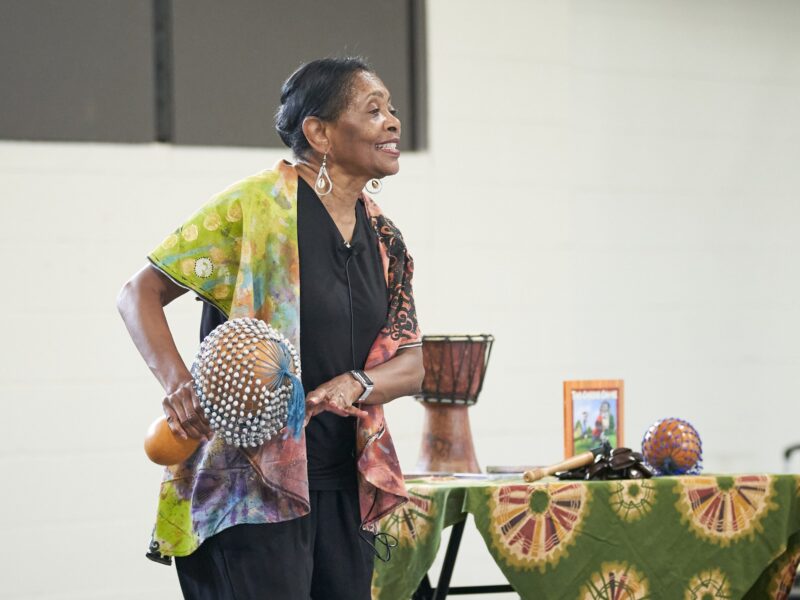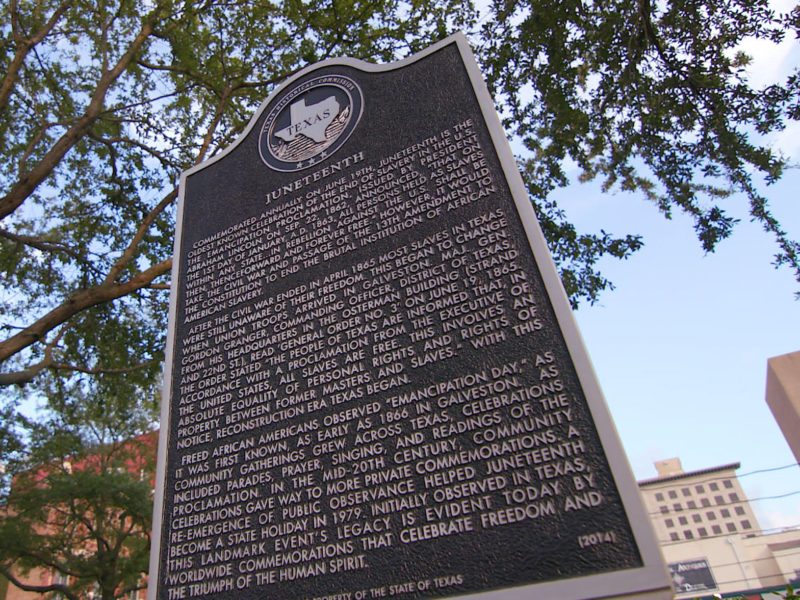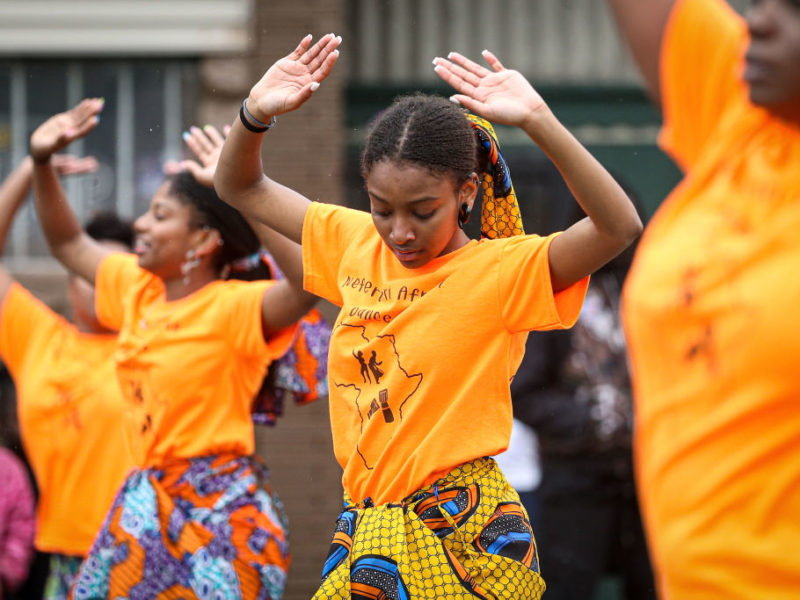Juneteenth: From Texas Celebration To National Holiday
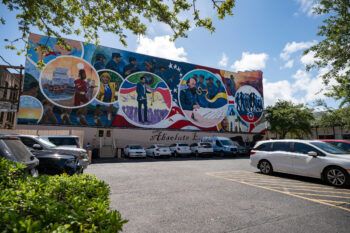
This weekend, communities across the country will celebrate Juneteenth, marking the 158th year since Union troops sailed into Galveston harbor to notify enslaved Texans of their freedom.
Often celebrated with parades, festivals and other public gatherings, the day received recognition as an official federal holiday in 2021. Two years later, appreciation for Juneteenth and its important historical meaning continues to grow across the country.
For more on the holiday’s deep Texas roots and its recent rise to national prominence, Texas A&M Today spoke with Dr. Albert Broussard, a professor of African American history at the Texas A&M University College of Arts and Sciences.
What event does Juneteenth commemorate, and what is the meaning behind the holiday?
Juneteenth commemorates the formal announcement by Union General Gordon Granger and his troops who sailed into Galveston, Texas, on June 19, 1865 to announce the end of slavery in Texas. A brief notice/flyer was posted and the National Archives located the original written notice several years ago. The day officially celebrates the end of slavery in Texas, although slavery had ended in other states when Union soldiers and sailors occupied those areas or when freed people escaped to union lines or joined the Union army.
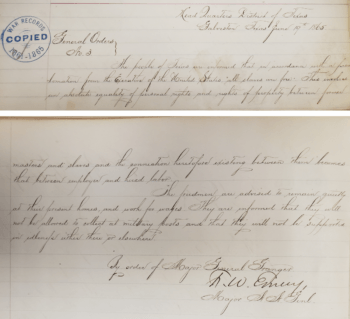
The meaning of Juneteenth was “freedom,” although freed people were instructed in Granger’s order what they could and could not do. They were expected to work, to not collect at military posts, to not wander the roads and to behave themselves.
How was Granger’s announcement received, and what did early Juneteenth celebrations look like?
No one has ever reported how Blacks in Texas behaved or reacted to this news, and the first Juneteenth celebration took place in 1866, one year after Granger’s announcement. The celebrations were joyful and festive and differed from place to place, but included church services, a reading of the Emancipation Proclamation and a picnic of some sort.
These were community wide events in Texas, and in later years other states joined in the celebration. Today, parades, music festivals (Los Angeles), and speeches by community leaders and politicians are typically part of these celebrations.
How has Juneteenth’s recognition as a national holiday contributed to its growth and development?
The federal recognition and the accompanying federal holiday serves to educate both school children and the broader community about the importance and meaning of the holiday. In other words, communities that have few Black people and cities that may have had little reason to celebrate a “Texas holiday,” have an opportunity to learn about an important part of American history, the end of slavery and the meaning of freedom.
I think this is the most valuable lesson that people of any race, nationality or ethnicity can learn from Juneteenth: that freedom is a universal ideal that people continue to fight and die for across the globe — think the war in Ukraine — and one that Black Americans should never forget.
